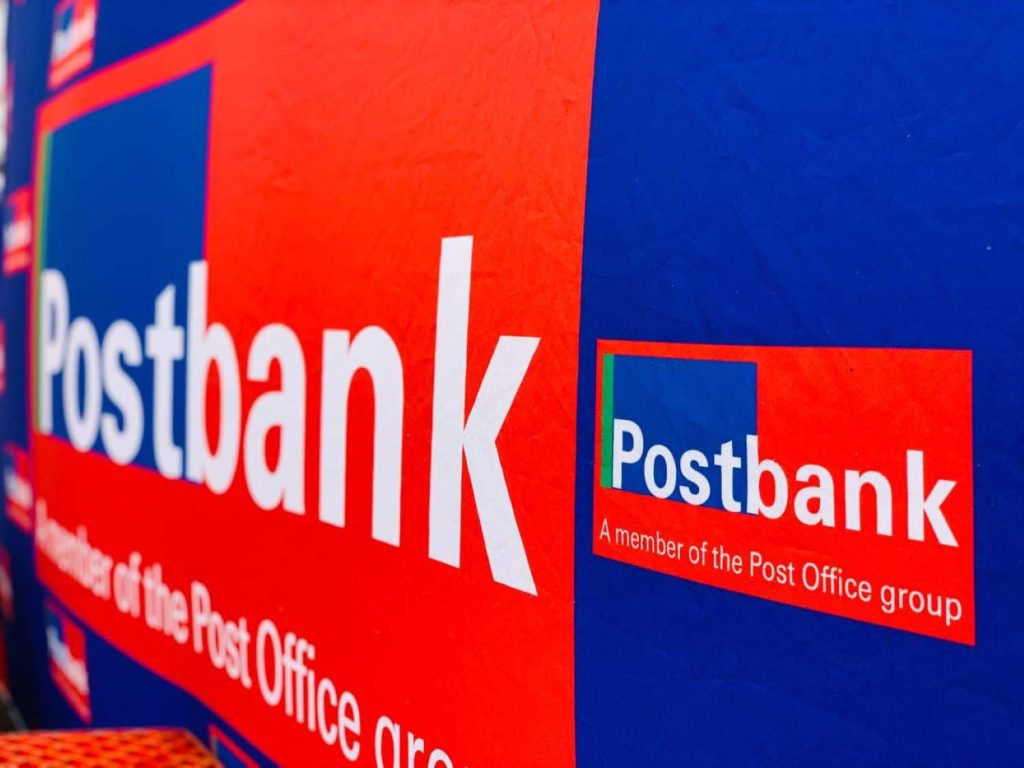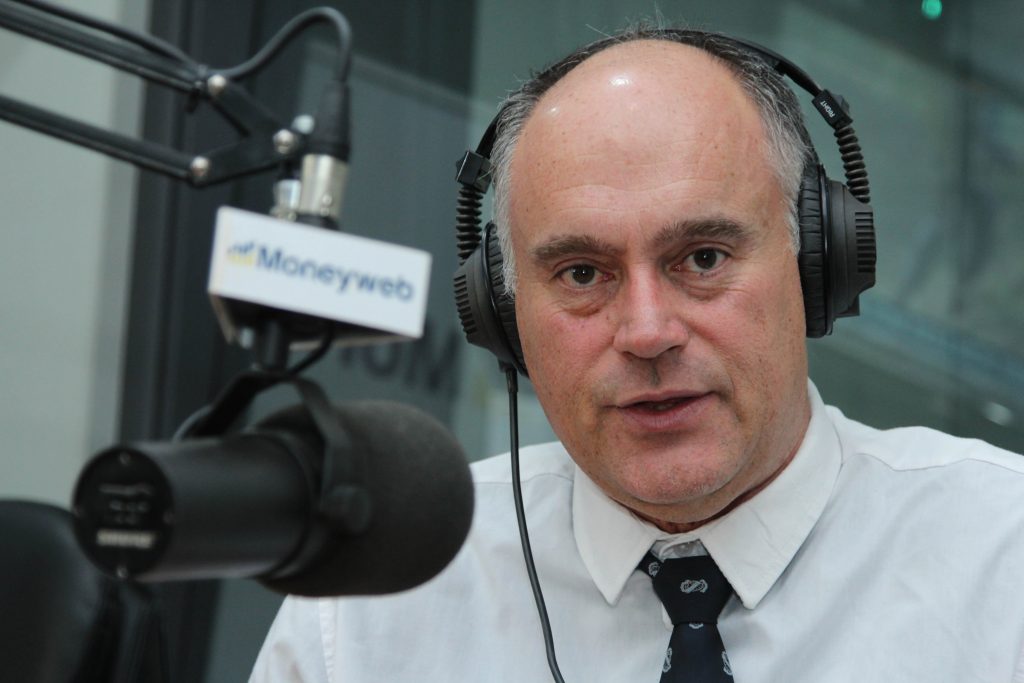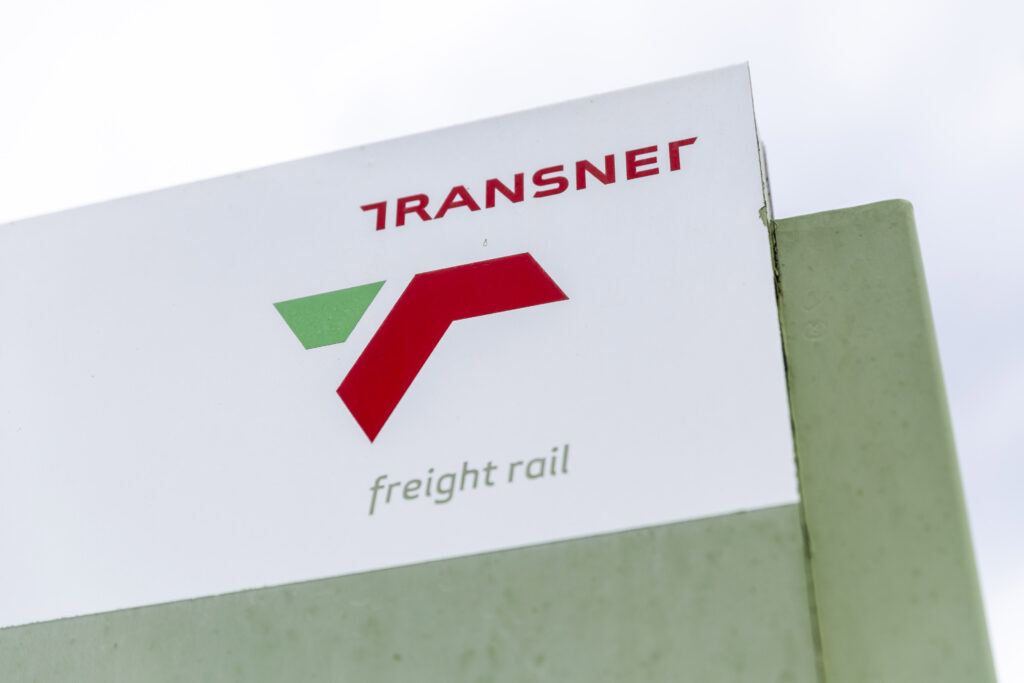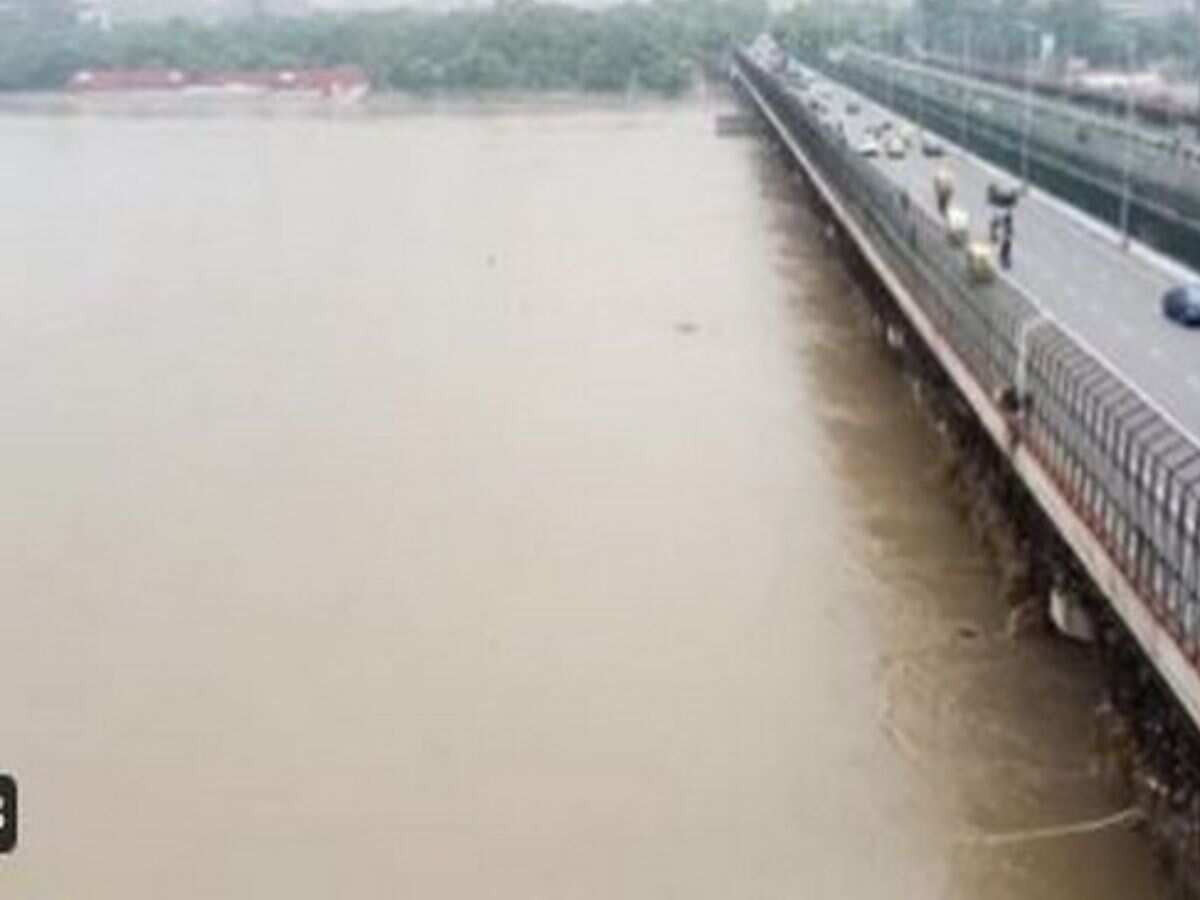The City of Cape Town has confirmed that its first permanent desalination plant, to be located in the Paarden Eiland light industrial area about 5km from the city centre, is expected to be operational by November 2031.
Residents and stakeholders had until Sunday, 31 August, to comment on the feasibility study that will guide how the plant is built, operated, and maintained.
Read:
Cape Town water recycling project ‘should not be privatised’
Construction on Cape Town’s desalination plant set to start in 2026 [Dec 2024]
Despite dam storage levels in the Mother City currently sitting above 90%, the city’s traditional water sources remain under pressure.
Since the threat of a “Day Zero” scenario in early 2018 – when Cape Town came close to becoming the first major city in the modern world to run out of water – the metro has focused on diversifying its drinking water supply as part of its long-term water strategies, with the planned Paarden Eiland desalination plant forming a key component.
The city aims to secure 300 million litres of additional water per day by 2032, with desalination expected to contribute about 11% of the total supply by 2040.
The Paarden Eiland plant is forecast to produce between 50 million and 70 million litres a day by the end of 2031.
The City says water reuse and desalination will be essential to reducing the risk of restrictions in the years ahead, particularly given ageing infrastructure and potential changes in raw water quality.
Public-private partnership
The desalination plant feasibility study, conducted between June 2023 and May 2025, identified a public-private partnership as the most suitable model.
ADVERTISEMENT
CONTINUE READING BELOW
Under this arrangement, a private partner will be responsible for designing, financing, building, and operating the facility for 20 years, while ownership will remain with the City of Cape Town.
Read:
Right of reply: City of Cape Town on desalination plant water safety standards
Cape Town’s proposed desalination plant could be costly and risky
V&A Waterfront to commission R184m desalination plant early 2024
The city evaluated several potential sites for its first desalination plant, including Muizenberg, Koeberg, Salt River, and Witzands on the west coast near Atlantis.
Following technical, environmental, and financial assessments, Paarden Eiland was selected as the preferred option due to its proximity to existing infrastructure and the relative ease of integrating the water produced into Cape Town’s potable water system.
The Witzands site remains under consideration for future phases, with technical studies underway to assess its suitability.
According to the study, the proposed Paarden Eiland plant will be built across two parcels of land – one owned by the city, west of Marine Drive (R27), and the other owned by Transnet National Ports Authority (TNPA) to the east.
The TNPA has indicated that the city may lease the required land and associated infrastructure, including culverts and the canal, to accommodate pipelines and an intake station.
Environmental impacts
In the study, it is recognised that the project could face environmental and social challenges, including the risk of disturbing sensitive marine areas and potential impacts on marine life.
There is also the risk of interference with shipping traffic and other activities in Table Bay, which will need to be carefully managed.
ADVERTISEMENT:
CONTINUE READING BELOW
The city has confirmed that an environmental impact assessment (EIA) will be undertaken for both the marine and land-based infrastructure.
Costs and tariffs
The City’s Water Strategy makes clear that the cost of new water supply interventions will be reflected in water and sanitation tariffs over time, ensuring they recover actual costs.
Water tariffs will need to increase to cover the cost of desalination, but the increases will be introduced gradually through “tariff smoothing” to avoid sudden spikes.
This could result in higher fixed charges, while the per-kilolitre price will be tied directly to the actual cost of producing desalinated water, according to the feasibility study.
The modelling also factors in the Faure New Water Scheme (expected to begin operating in 2029/30), the Paarden Eiland desalination plant (2031/32), and the Cape Flats Wastewater Treatment Works upgrade (2030/31).
The Faure scheme, near Stellenbosch and Somerset West, will treat water from the Steenbras Dam system and groundwater sources.
The Cape Flats treatment programme is serving a catchment that includes areas such as Mitchells Plain, Khayelitsha, and parts of Philippi. Together, these projects are projected to require about R4 billion a year in additional funding.
Read/listen:
Fixing SA’s water woes means curtailing municipalities’ free-spending ways
Cape Town budget 2.0: Hill-Lewis tables scaled back tariff increases
Growthpoint, PIC to invest R180m to protect V&A Waterfront asset
Follow Moneyweb’s in-depth finance and business news on WhatsApp here.

 2 days ago
1
2 days ago
1






















 English (US) ·
English (US) ·